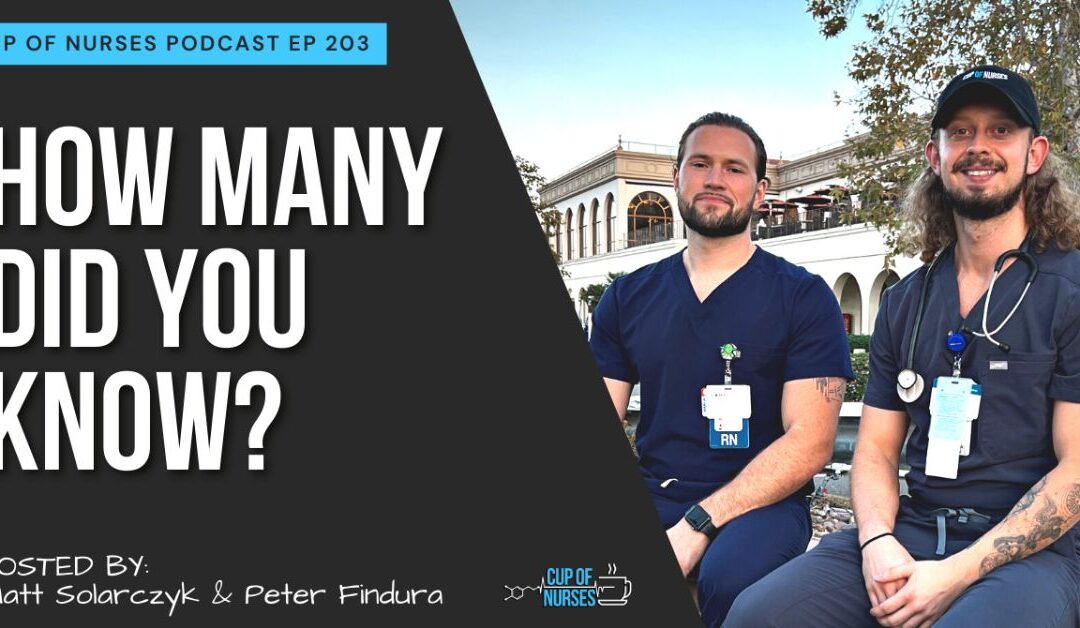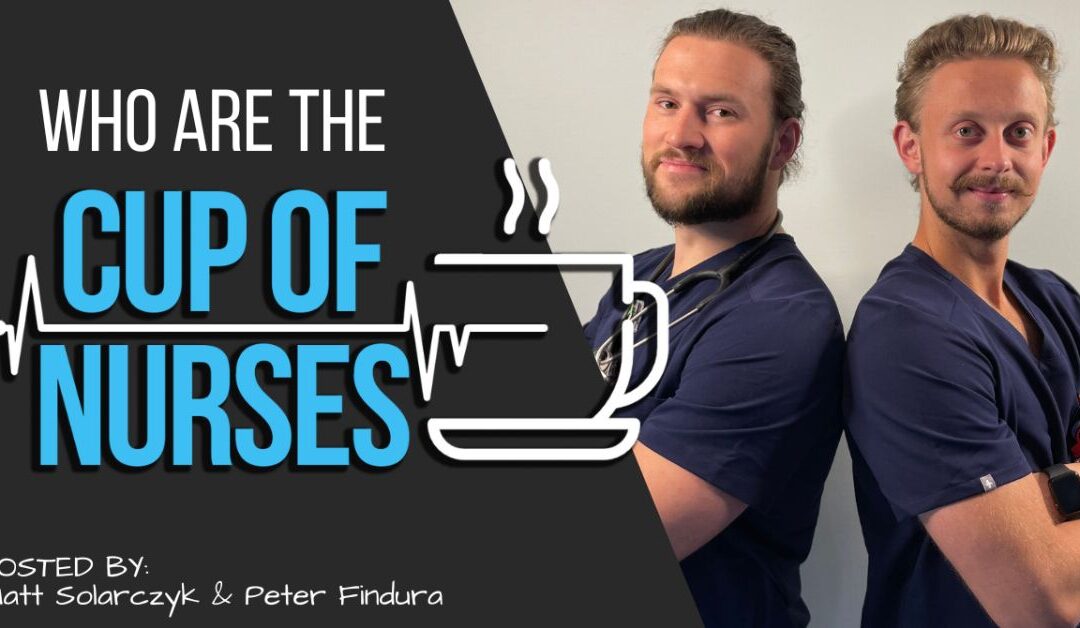
EP 203: 10 Tips Every Nurse Should Know
10 Tips Every Nurse Should Know
Do you know the tips every nurse knows? A nurse’s job can be challenging. We deal with different people and patients and work with other healthcare professionals. We execute our nursing care plans with knowledge and skills, and even though we feel pressured, we always smile no matter how demanding the situation is.
Indeed, nurses are the nurturers and healers of healthcare. But how can a nurse last long in this profession? How can we overcome every obstacle that comes our way?
This episode will discuss the ten tips every nurse should know. Being a nurse is no easy profession, but these tips can help you make it easier to overcome obstacles that nurses face in healthcare.
10 Tips Every Nurse Should Know
1. As a nurse, know how to eliminate negative self-talk and remain calm.
- Are you aware of internal dialogues, how you speak to yourself, and your worries/fears/concerns?
- If you need help, ask, don’t whine about it. No one likes a complainer. For example, during floating – stay positive and try to have a good shift; your energy helps the unit.
2. As a nurse, you should learn to prioritize.
- Prioritize the things that you must get done.
- Learn to delegate when you can.
- Write a list of things you need to do – color code your notes if you need to.
3. As a nurse, know how to ask questions and when to ask for help.
- Don’t hesitate to ask questions; you can never feel silly for not knowing.
- Traveling or floating to you always have to adapt units.
4. As a nurse, you should know how to prioritize when you need your self-care
- For those that don’t work in California, take your break! Don’t be that nurse who never needs a break during your first year.
- When if it’s just 15 minutes to recharge, accept the break. Who’s a fan of minute 15 min power naps? That mental clarity also helps you improve focus.
5. As a nurse, you should know how to Establish a routine.
- Figure out and establish the best routine in your current unit/contract. Get to work early if you need. Get the supplies you need. Look up your patient prior.
6. As a nurse, you must know how to take notes and be organized.
- You can be pulled aside and overwhelmed with demands and requests from your patient and co-workers at any second. It’s unavoidable. Have your favorite report sheets. Eventually, you can ditch taking notes and remember things on the go.
7. As a nurse, you must know how to care for yourself!
- Hydrate from start to finish of your shift
- Nutrition matters; plan your meals and carry healthy foods/snacks
- Strive for a balance between all your pursuits, and make time for things you enjoy to have fun.
8. As a nurse, you should know how to listen to your patients.
- Listen to your patients; they know their bodies better than the clinicians or the knowledge that you know about their disease process. Pay attention to what they tell you.
9. As a nurse, you should know how to ask for feedback.
- You can’t improve if you don’t know what to improve. Your IV skills. The way you perform a duty. Be receptive and grateful when a colleague gives advice or offers a suggestion.
10. As a nurse, you should know how to Become efficient at charting.
- Learn the charting system as soon as possible. Time is valuable in nursing; it should be utilized in patient care, not sitting behind a computer.
To learn more about these tips, click here to watch the full episode 👇👇👇
TIMESTAMPS:
00:00 Introduction
01:53 1. You should know to eliminate negative self-talk and remain calm.
03:01 2. You should learn to prioritize.
04:50 3. You should know how to ask questions and ask for help.
07:30 4. You should learn how to prioritize yourself.
10:08 5. You should know how to Establish a routine.
12:29 6. You should know how to take notes and be organized.
15:20 7. You should know how to take care of yourself too!
18:06 8. You should know how to listen to your patients
21:01 9. You should know how to ask for feedback
23:58 10. You should know how to Become efficient at charting



Recent Comments